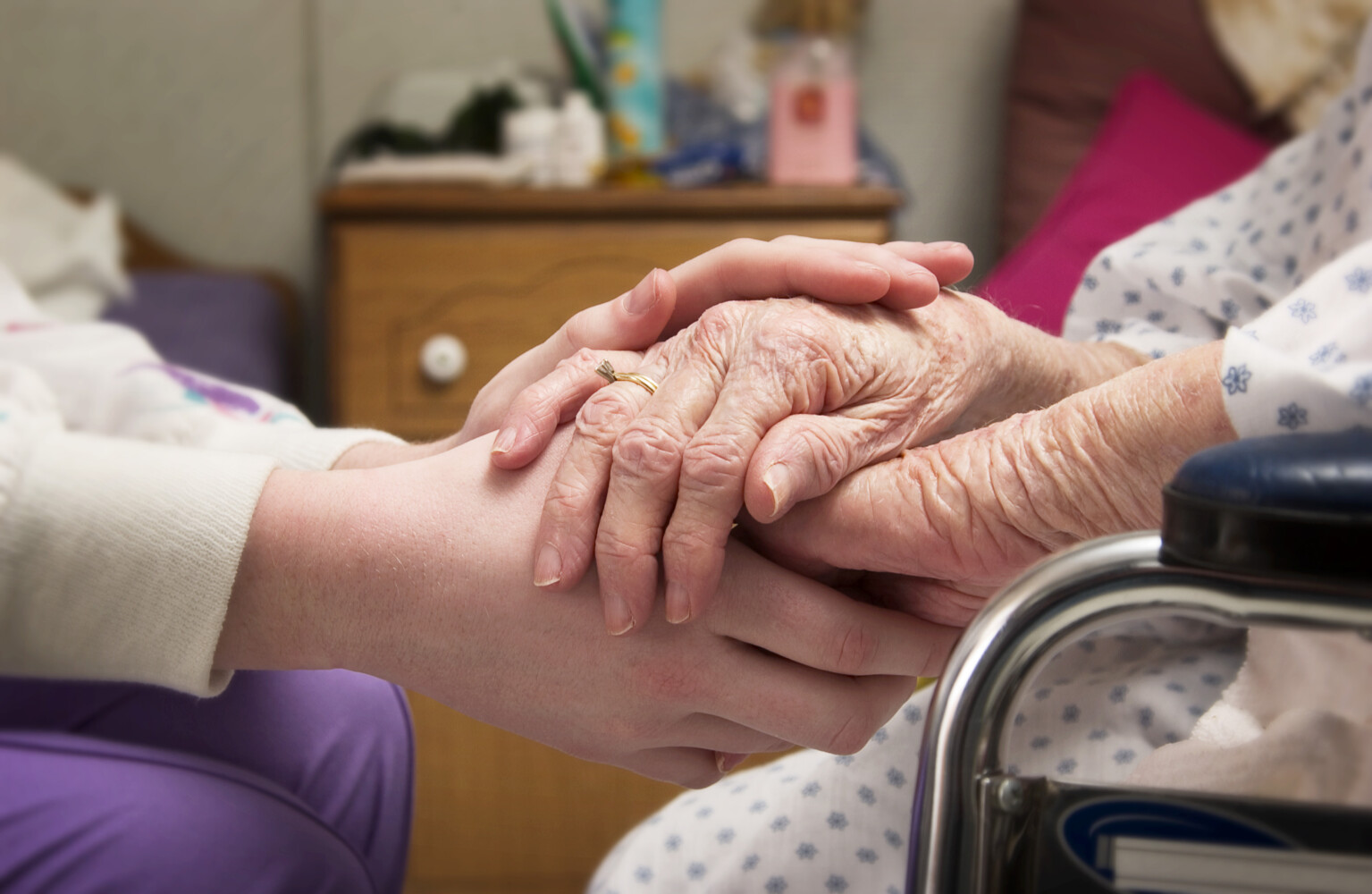For part of my life when I was younger, I was homeless. While my life has changed and I have now worked to bring myself into a career and family life that I love, I will never forget the feeling of wondering where I would sleep those nights, or where my next meal may come from. It was a feeling of detachment, isolation and total separation from the rest of humanity.
This is a feeling shared by the more than 5,000 Connecticut residents who are currently experiencing homelessness , and finding a way to make their lives better is the priority of the Connecticut Coalition to End Homelessness, or CCEH), of which I now serve as CEO. We no longer can allow ourselves to view our homeless population in the abstract, as statistics on a page or numbers in a ledger. They are our neighbors.

In many ways, they are us. This year, the CCEH CT CAN End Homelessness campaign is focused on working with state lawmakers to gain more funding to help prevent and solve the state’s homelessness problem , as well as other important initiatives. These are solutions we need to help our neighbors in trouble.
There are several important pieces of legislation that we are supporting and tracking to help achieve this goal, and it starts with hopefully gaining approval of $33.5 million in funds ($24 million of which would become an annual budget line item) needed to tackle the issue of homelessness in real and meaningful ways. This would be the most meaningful step forward to address homelessness prevention, improved crisis response and supportive housing.
These funds also would cover areas such as eviction prevention and flexible funding to for personalized solutions for those who are wither homeless or at risk of becoming so. Next, we need to work together with lawmakers to stop criminalizing those who are homeless. Simply throwing them in jail for the night is not only wrong, it is highly ineffective.
Punishing people for having nowhere to go does not reduce homelessness; rather, it makes things worse. Fines, tickets and arrests make people even less likely to seek help and causing the problem to spiral more and more. House Bill 7033 is a bill the CCEH and our coalition strongly supports; it is the start of a comprehensive solution that prohibits penalizing homeless simply for being homeless and, in doing so, gives us the opportunity to align our policies with our values.
As I stated in my testimony in favor of the bill, it allows us to stop being passive witnesses and start being active participants in real solutions. This bill does not take away municipal control, nor does it prevent cities from managing public spaces and keeping them safe. It sets a new framework for ensuring that no person is punished for simply trying to survive when they have nowhere to go.
It encourages the state and municipalities to lean into real solutions together in a humane way—housing, public restrooms, mobile outreach teams—instead of criminalization. We need this legislation to help our neighbors. Immediately.
One other important proposal that will help us to truly address the crisis of homelessness is House Bill 6894, which would create an inter-agency council among key departments in Connecticut to have meaningful discussions and help surface lasting solutions for resolving homelessness. By bringing together more than a dozen leaders of the state agencies that work with the homeless population—including the Departments of Housing, Children and Families, Veterans Affairs and numerous others—we can greatly improve coordination and optimize funding across the state’s agencies dedicated to addressing homelessness. This bill will also allow us to gain a comprehensive understanding of how each agency directly influences housing outcomes and addresses homelessness, particularly those agencies with dedicated funding for housing and homelessness services.
This coordinated approach and enhanced communication between all of these agencies will make a difference. The common denominator of all of these bills and each of these priorities—increased funding for homelessness prevention, crisis response and housing, as well as decriminalization of those who have no home and have committed no crime and creating the inter-agency council—is that they all send a message that our neighbors have not been forgotten, and we are here to help them. This is a personal struggle for many of us, because it is so personal for those experiencing the pain and indignity of homelessness.
But working together with our colleagues in the legislature and across state agencies, we know we can succeed. For the benefit of all of our neighbors across the state. Sarah Fox is chief executive officer of the Connecticut Coalition to End Homelessness.
.
Politics

Opinion: CT must stop criminalizing those who are homeless

This is a personal struggle for many of us, because it is so personal for those experiencing the pain and indignity of homelessness.














